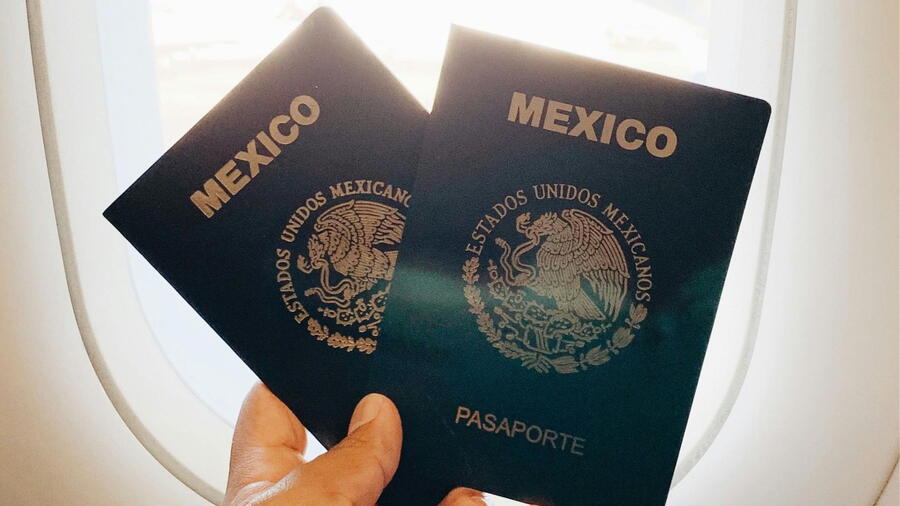When you arrive at a U.S. airport or land border, you may assume that the rights you hold in your home country or in the U.S. as a visitor apply immediately. But immigration law works differently at the border.
If you're not a U.S. citizen or green card holder, your rights are limited. You can be questioned without an attorney present. You can be asked to unlock your phone or share personal information. If you refuse, you may be denied entry. Officers are not required to tell you why you are being denied or detained, and you typically have no opportunity to appeal a decision made at the port of entry.

The border is considered a zone of heightened enforcement. This means that the usual rules about privacy and due process don’t apply in the same way. While this may be deeply frustrating, it’s the legal framework under which immigration officers operate.
If you are concerned about your treatment at the border, you are not alone. Many travelers are surprised to learn how few protections they have. The best defense is awareness and preparation—understanding that even routine visits to the U.S. can be interrupted if you’re not prepared to answer questions or show proof of your intentions.
